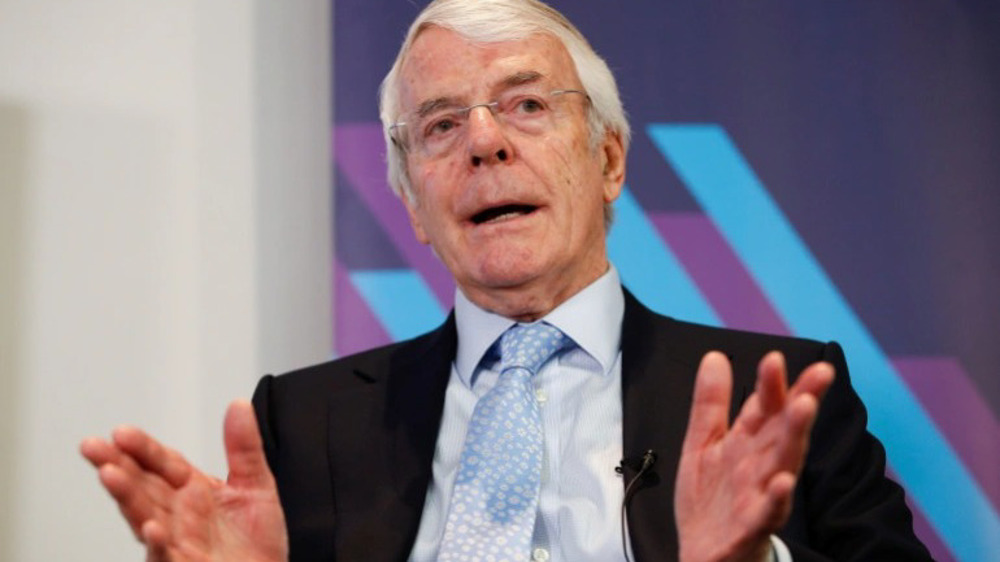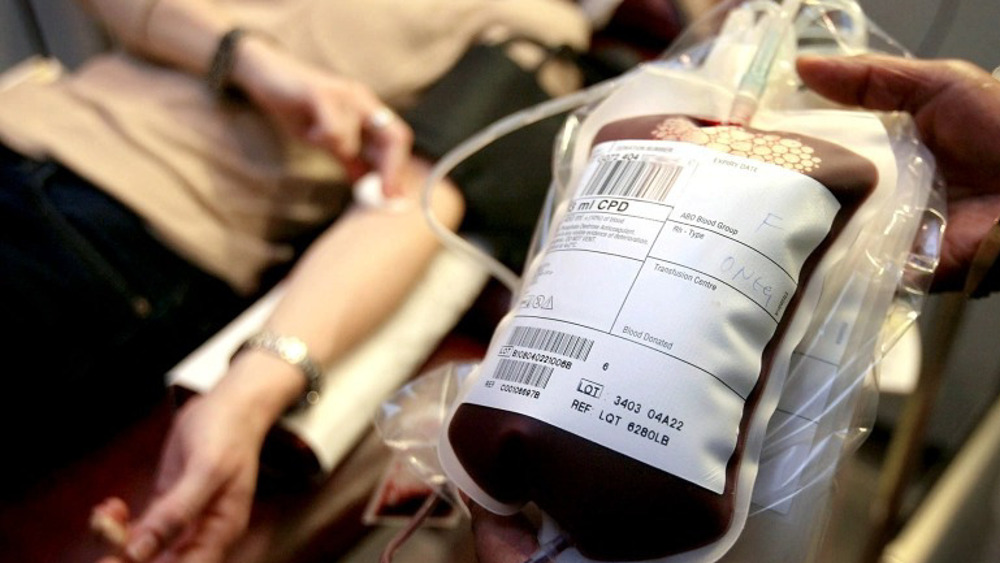UK’s infected blood scandal returns to spotlight after decades of lobbying
The infection of nearly 30,000 people through tainted blood treatment in the United Kingdom almost five decades ago has returned to the spotlight following a newly-instituted public inquiry into the scandal.
During the 1970s and 1980s, the UK’s national health services provider (NHS) gave patients suffering from hemophilia and other blood disorders contaminated blood infected with HIV or hepatitis C.
Factor VIII, the blood clotting treatment, was imported from the United States while the UK was experiencing a shortage of donated blood.
The victims and the bereaved families accuse the government of negligence as the blood was never screened.
The scandal surfaced again after former British prime minister Sir John Major during a hearing of the inquiry last week said the victims suffered “incredibly bad luck”, sparking anger among survivors and bereaved families who watched him giving evidence under oath.
He later apologized, saying his remark “was not intended to be offensive”.
The scandal, which is regarded as the biggest treatment disaster in the country's history, came to public attention only in 2016, when campaigners pressured the government to probe the issue and reveal the truth.
Factor 8 is one of the organizations that lobbied for a public inquiry into the scandal.

Jason Evans, the founder of Factor 8, was quoted as saying by Al Jazeera that the organization has never given up on holding the government to account.
“I think those in power felt that they can get away with it and it has been forgotten and that they had successfully peddled a narrative that this was an unavoidable accident which isn’t the truth,” he said.
The inquiry was announced by former British premier Theresa May in 2017 following decades of public pressure. It started taking evidence in early 2019.
More senior government officials are expected to be questioned to give evidence as part of the investigation, which is led by a former British judge, Sir Brian Langstaff.
The investigation examines how much was known about infected blood products and whether patients were warned of the risks.
It also looks into whether the scandal was deliberately covered up over the years.
Matt Hancock, who served as British health secretary when he appeared before the inquiry in 2021, said the government would abide by whatever the final report recommended.
“Should the outcome of this inquiry be substantial compensation for the victims, the government will provide that,” he told the inquiry.
The inquiry is expected to publish its final report in 2023.
Huckabee mocks Arab League's condemnation of his biblical territorial remarks
VIDEO | Trump tariff setback
VIDEO | Press TV's news headlines
VIDEO | Iran will not 'capitulate' since it has military surprises for US
China overtakes US as Germany’s top trading partner
VIDEO | Displaced Gazans struggle to find clean water amid Ramadan
VIDEO | Pakistan strikes militant camps along Afghan border after suicide bombings
Iran FM: Chance still exists for win-win solution to nuclear issue










 This makes it easy to access the Press TV website
This makes it easy to access the Press TV website